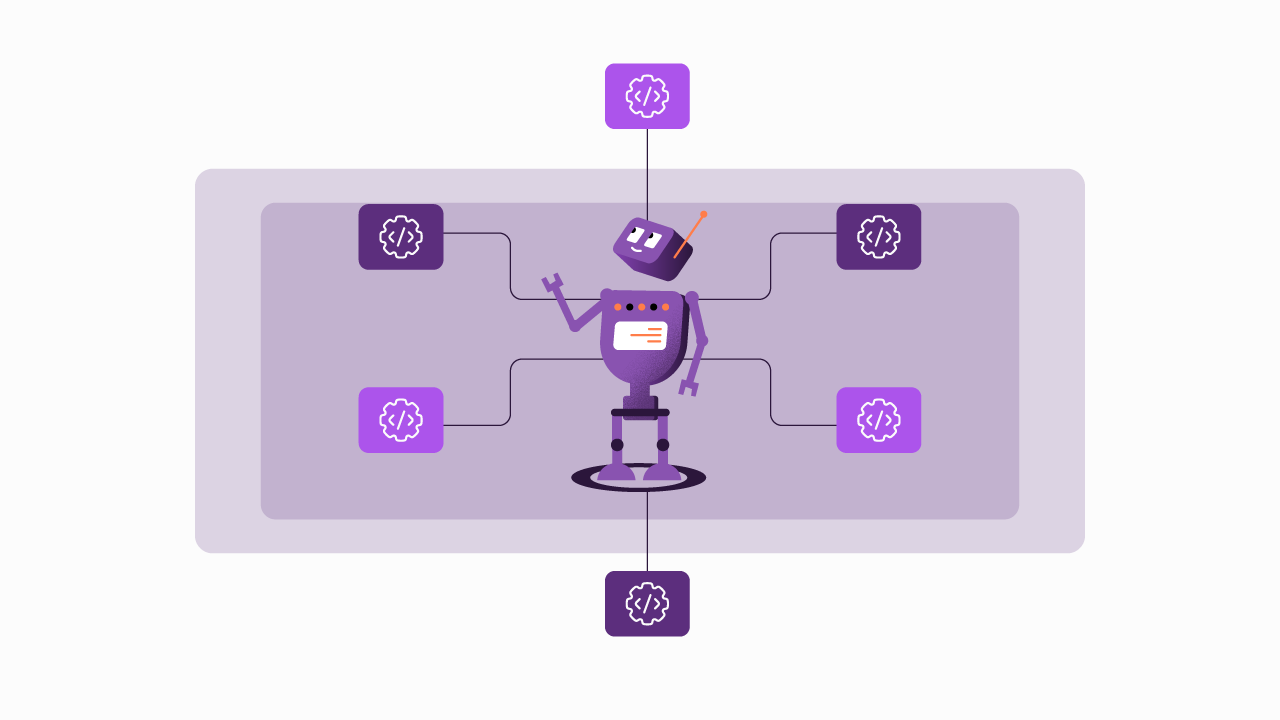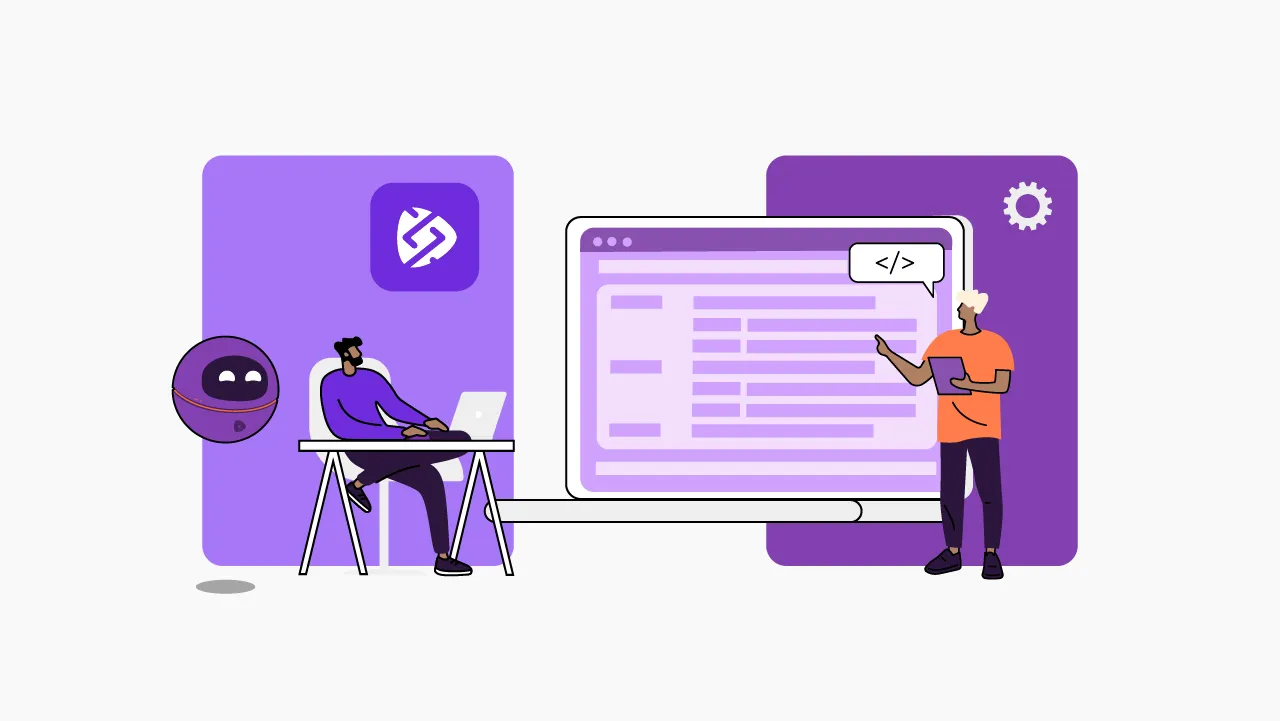Enhancing API Support through Developer Experience
Enhancing API Support through Developer Experience
In the landscape API businesses, the pivotal roles of Developer Experience (DX) teams have become increasingly apparent. This dedicated team acts as an anchor in optimizing development processes, providing crucial support to internal teams, and fostering seamless collaboration with customers and partners.
In the following exploration, we will dissect the multifaceted contributions of the DX team, unveiling key insights and strategic actions that enhance the utilization of APIs. From bolstering support during developer onboarding to ensuring the scalability of API services during peak periods, each facet of the developer experience is geared towards elevating the overall efficiency and effectiveness of API businesses.
Optimizing Developer Experience for APIs
Increased Support for Developers Onboarding and API Usage:
Developers often face challenges during the onboarding process. The Developer Experience team steps in by providing comprehensive support, ensuring a smooth transition for developers.
This includes detailed documentation, tutorials, and responsive assistance to address queries, thereby minimizing hurdles in the initial stages of API integration.
Monitoring API and Backend Health:
The Developer Experience (DX) team actively monitors the usage patterns of APIs, enabling the rapid identification of potential issues. By tracking API health and backend performance, the team can detect drops or intermittences swiftly.
This proactive approach to API Monitoring, aligned with both DX platform enhancements and DevOps practices, facilitates prompt communication with relevant teams, providing evidence for regularization and stabilization efforts.
Constant Alignments with Partners:
Collaboration with partners is vital throughout the development and production phases. The Developer Experience (DX) team also is tasked with establishing open communication channels, and offering developers a direct link to resolve queries and concerns.
This continuous alignment ensures seamless integration flows and reinforces a positive developer-company relationship.
Removing Bottlenecks:
Internal technical teams often face a bottleneck in dealing with developer consultations. The Developer Experience (DX) team intervenes, freeing up internal resources to focus on product evolution and reducing time to market.
With a specialized understanding of both APIs and business operations, the DX team efficiently addresses developer queries, issues, and documentation updates, streamlining the overall development process.
Creation of Customized Reports:
Transparency is crucial for clients. This is another area where a Developer Experience (DX) team can help by creating customized reports that offer clients a clear and detailed view of API activities.
These reports provide insights into usage patterns, performance metrics, and potential areas for improvement, empowering clients to make informed decisions about their API strategy.
Evolution of the Developer Portal:
The Developer Experience (DX) team works collaboratively, considering technical aspects alongside specialized UX considerations. This collaboration ensures the continuous evolution of the Developer Portal, transforming it into a comprehensive DX platform.
It encompasses not only technical documentation but also user-friendly interfaces, guides, and best practices. This holistic approach enhances the overall API developer experience.
Identification of Potential Improvements:
Proactively identifying areas for improvement, the Developer Experience (DX) team focuses on refining technical elements such as HTTP Status adjustments and backend processing while following Developer Experience best practices.
By ensuring clear and stable communication between APIs and developers, the team enhances the efficiency of specific operations, contributing to a more seamless and user-friendly developer experience.
Efficient Communication on the Developer Portal:
Timely communication is critical, especially during scheduled maintenance. The Developer Experience (DX) team ensures efficient communication on the Developer Portal, providing easily accessible announcements about any planned maintenance.
This transparency enables developers to anticipate potential downtime and plan accordingly, minimizing disruptions and enabling agile software development.
Support for Internal Customer Teams:
Internal customer teams receive dedicated support from the Developer Experience (DX) team. This includes addressing questions, providing alignments, and assisting with metrics extraction.
By maintaining clear communication and offering continuous support, the Developer Experience (DX) team ensures that internal teams can operate effectively, contributing to the overall success of the API strategy.
Assistance in Scalability During Seasonal Periods:
Recognizing the fluctuating demands during peak periods plays a crucial role in ensuring scalability. During events like Mother's Day or Black Friday, the DX team assists in managing increased API integration demands, welcoming new partners, and handling spikes in traffic.
This proactive approach utilizes agile architecture to ensure a seamless experience for developers and end-users alike.
Monitoring and Proactive Actions:
The Developer Experience (DX) team is responsible for continuous API monitoring and taking proactive actions to maintain a healthy backend. By engaging directly with developers and providing timely reports to clients, the team helps prevent potential errors and unnecessary burdens.
This dynamic way contributes to a stable and reliable API ecosystem, fostering trust and confidence among developers and stakeholders.
Considering the reasons above, it is clear that a Developer Experience team is needed to optimize DevOps practices as a whole, supporting not only the internal team but also customers and partners.
Technical teams have many demands to manage, including organizing information and facilitating internal and external communication of processes. Creating a dedicated team responsible for API monitoring is a solution to these challenges and many more in the product area, especially when it comes to measuring developer experience.
Takeaways
In conclusion, the multifaceted contributions of the Developer Experience (DX) team underscore its indispensable role in the triumph of API businesses. From proactive monitoring and efficient communication to tailored support during peak periods, the DX team proves to be a strategic solution to diverse challenges encountered by technical teams.
Acknowledging the pivotal importance of this specialized team in optimizing DevOps practices and ensuring transparent communication channels, it is clear that the DX team transcends its role as a mere support function. The Developer Experience (DX) team becomes a strategic ally, serving as a dynamic force, propelling innovation and efficiency within the API landscape by adhering to industry best practices.
As the era of digital transformation continues, the strategic integration of a DX team is not just a need but a cornerstone for businesses looking to stay ahead of the competition.
Begin your API journey with Sensedia
Hop on our kombi bus and let us guide you on an exciting journey to unleash the full power of APIs and modern integrations.
Related content
Check out the content produced by our team.
Embrace an architecture that is agile, scalable, and integrated
Accelerate the delivery of your digital initiatives through less complex and more efficient APIs, microservices, and Integrations that drive your business forward.





.svg)




.png)

